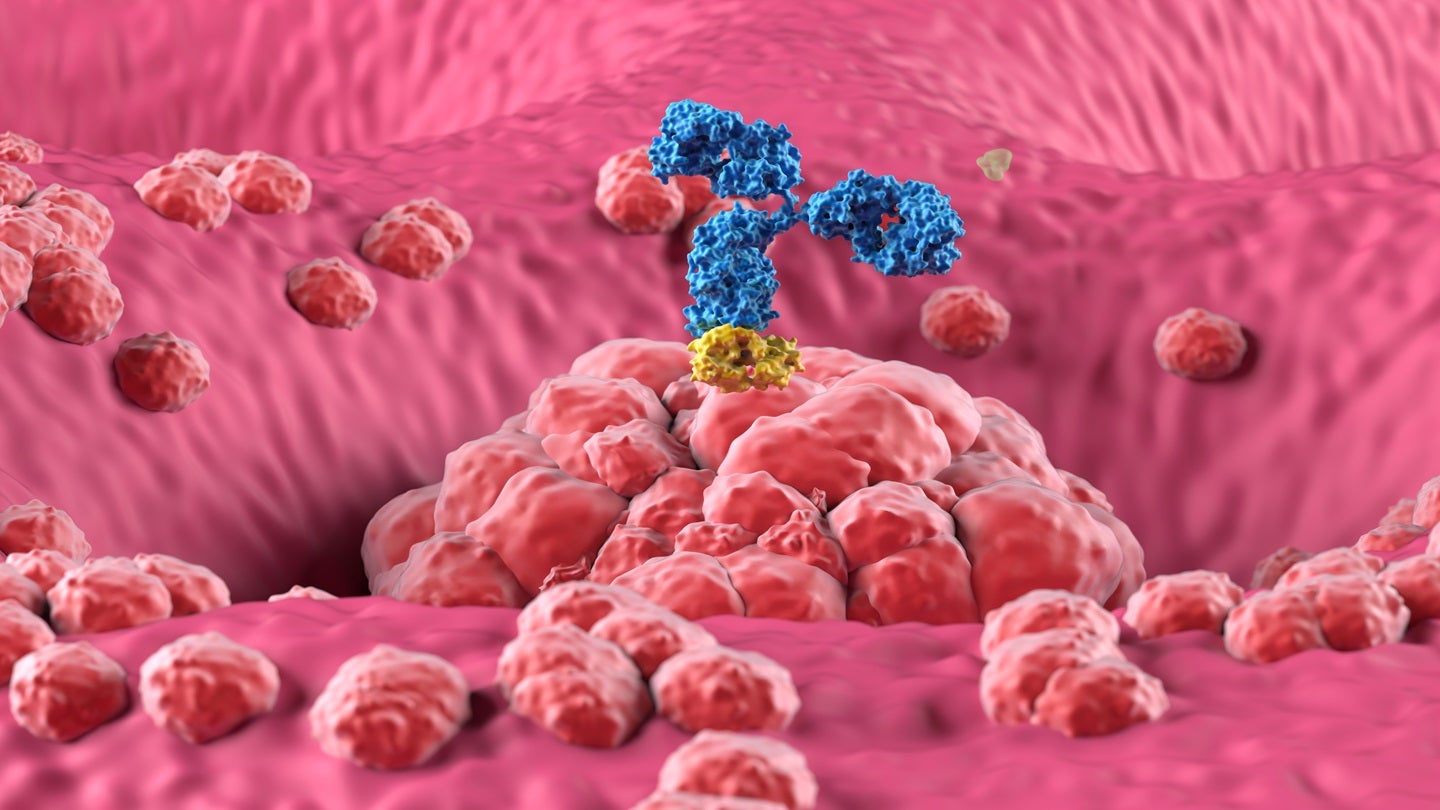
The Aftermath of Hurricane Helene: A Nation in Mourning and Recovery
Hurricane Helene made landfall on September 26, unleashing its wrath across six states and leaving a trail of devastation and heartache. As recovery efforts unfold, the death toll has tragically risen to 227, making this hurricane the deadliest event on the mainland U.S. since Hurricane Katrina in 2005.
 Destruction left in the wake of Hurricane Helene
Destruction left in the wake of Hurricane Helene
The storm, initially recorded as a Category 4 hurricane, made its terrifying journey northward, impacting regions far from where it made landfall. North Carolina was hit the hardest, with approximately half of the victims coming from this state alone. In cities like Asheville, locals witnessed their vibrant communities transformed into scenes of despair and disarray just as they were beginning to recover from prior disasters.
In the wake of the hurricane, local businesses have rallied to assist those in need. For instance, New Belgium Brewing Company in Asheville has become a hub for cleanup efforts, as workers strive to clear mud and debris from outside their doors. According to MaryAnn Tierney, a regional FEMA administrator, over $27 million in aid has been allocated to North Carolinians, each dollar critical for addressing both immediate and long-term needs.
“This is critical assistance that will help people with their immediate needs, as well as displacement assistance…,” Tierney stated during a recent news briefing, illuminating the desperation faced by countless families trying to piece their lives back together.
A Community Unites
As the floodwaters recede, communities are left grappling with loss and destruction. Residents of Newport, Tennessee, continue their cleanup efforts, with mud clinging to the walls of local establishments. Small towns like these remind us of the resilience found in unity, as neighbors band together to help one another recover. A stark reminder of the power of nature, Helene’s reach extended even into the Tennessee mountains, affecting those who might have felt removed from the storm’s center. Country music icon Dolly Parton declared a heartfelt $1 million donation to the Mountain Ways Foundation, an organization dedicated to aiding Hurricane Helene flood victims.
“I can’t stand to see anyone hurting, so I wanted to do what I could to help after these terrible floods,” Parton expressed, illustrating the bond that exists between the victims and those who have come from similar backgrounds. Such gestures of solidarity are critical in periods of adversity, as they not only provide financial support but also emotional strength.
Corporate Responsibility
Additionally, corporations like Walmart have stepped forward with significant financial commitments, underscoring the importance of corporate responsibility during humanitarian crises. With a total dedication of $10 million from the Walmart Foundation, these donations provide vital resources to assist those impacted by Helene. The message is clear: it’s not merely about business, but about community, support, and compassion during these times of need.
 Community members unite to begin the recovery process
Community members unite to begin the recovery process
As recovery efforts roll on, many remain unaccounted for, with families desperately searching for their loved ones. The emotional strain is palpable, and the haunting question persists: how many more victims will this disaster claim? The road ahead is fraught with challenges as those affected begin the slow and painful process of rebuilding their lives.
Looking Ahead
Moving forward, one can only hope that the lessons learned from Hurricane Helene will inform how we respond to such crises in the future. We must address climate change, enhance infrastructure, and develop disaster-response plans that prioritize the welfare of our communities. Each storm brings increasingly unpredictable weather patterns; it’s crucial that we learn from these events and do everything within our power to prepare.
As we continue to witness the ravaging effects of hurricanes and their aftermath, it’s important to remember that our collective strength and resilience will pave the way for recovery. The spirit of community is never more important than in times of existential threat. Together, we can not only survive but begin to thrive once again.
“I hope we can all be a little bit of light in the world for our friends, our neighbors — even strangers — during this dark time they are experiencing,” Parton concluded. It is this spirit that we must carry with us as we navigate the aftermath, bringing hope and healing to those who desperately need it.










